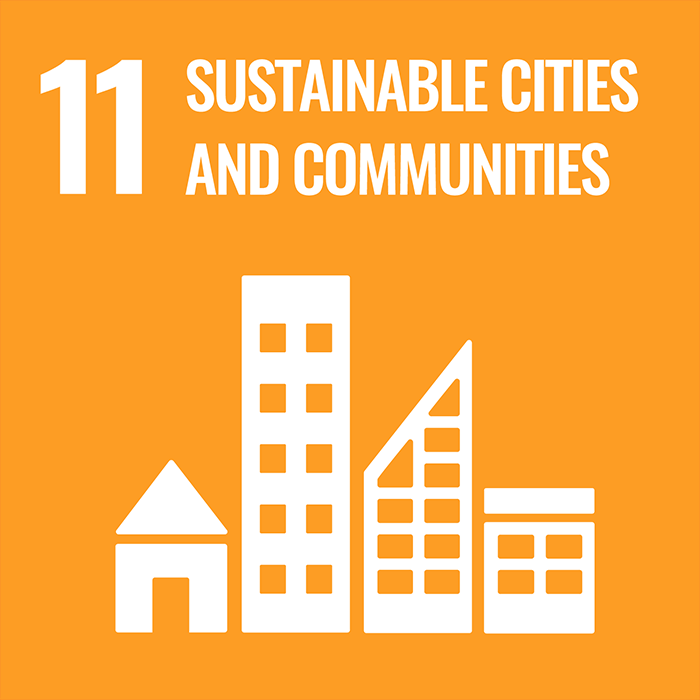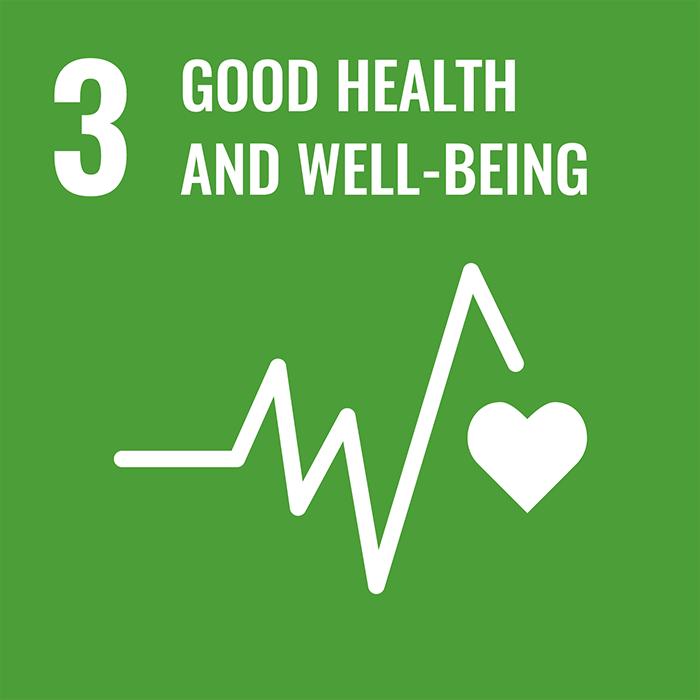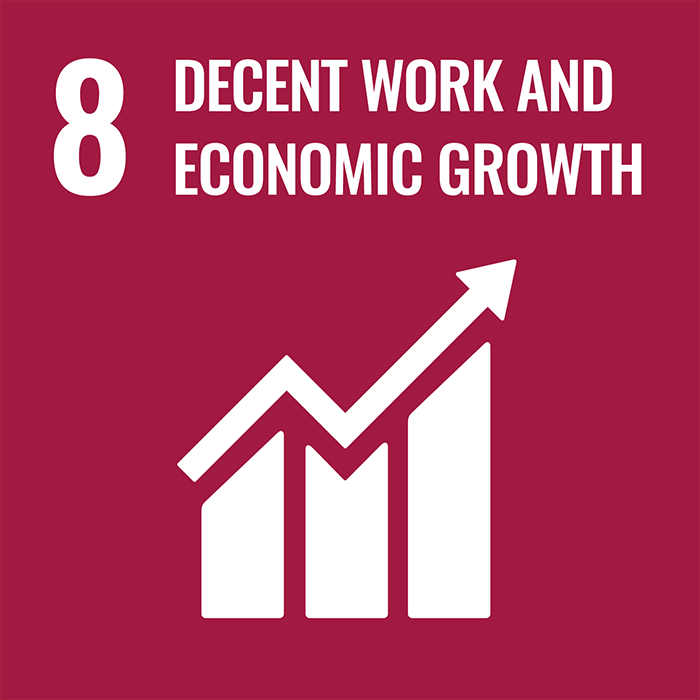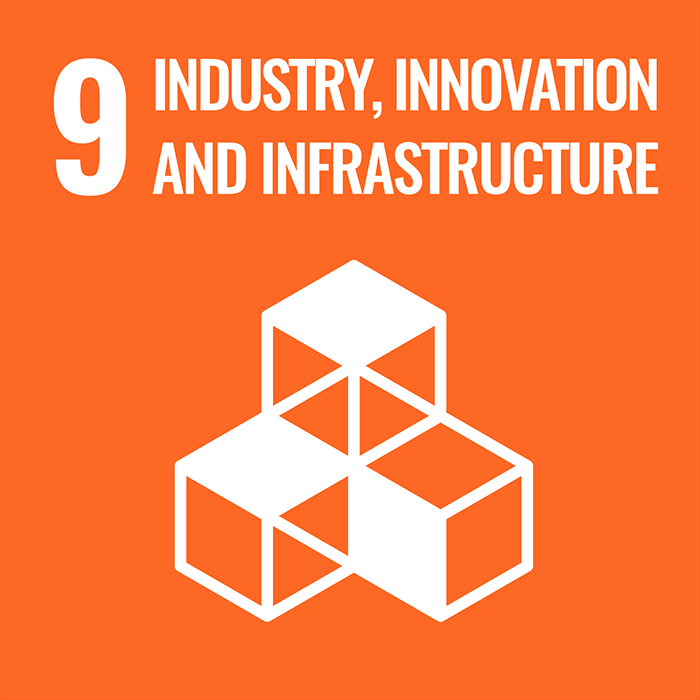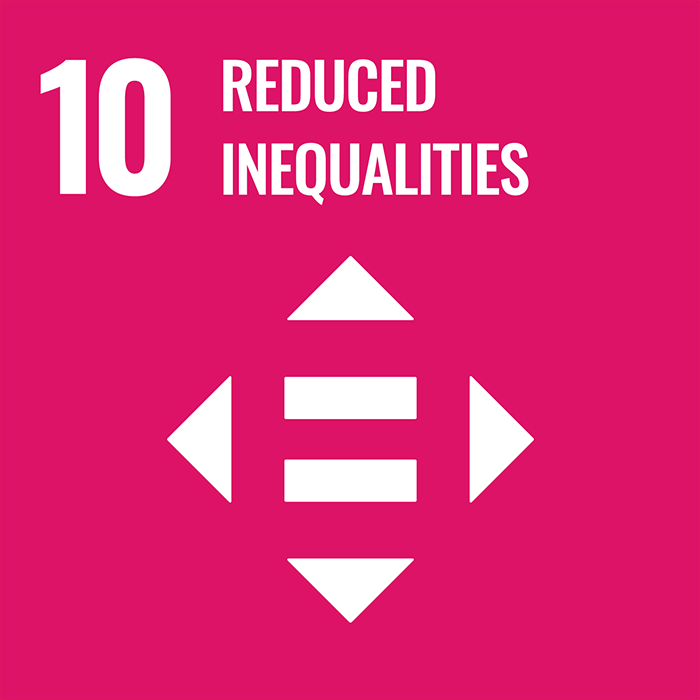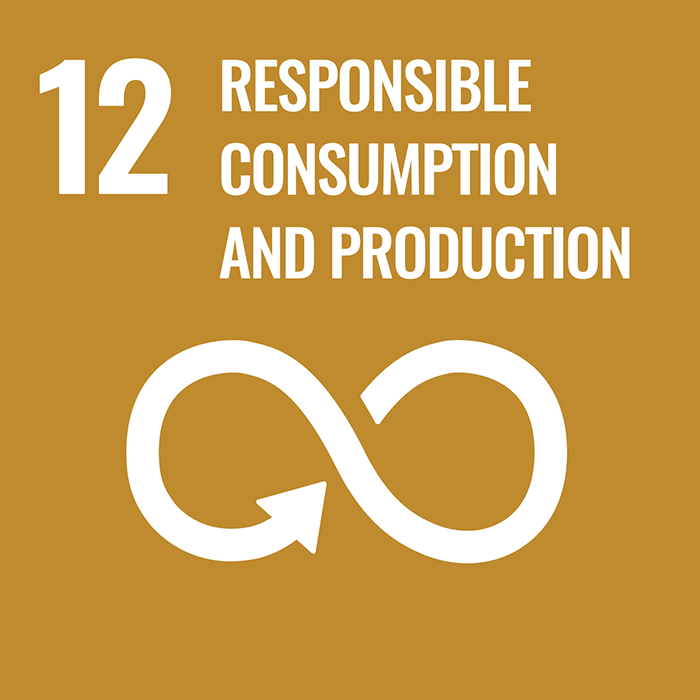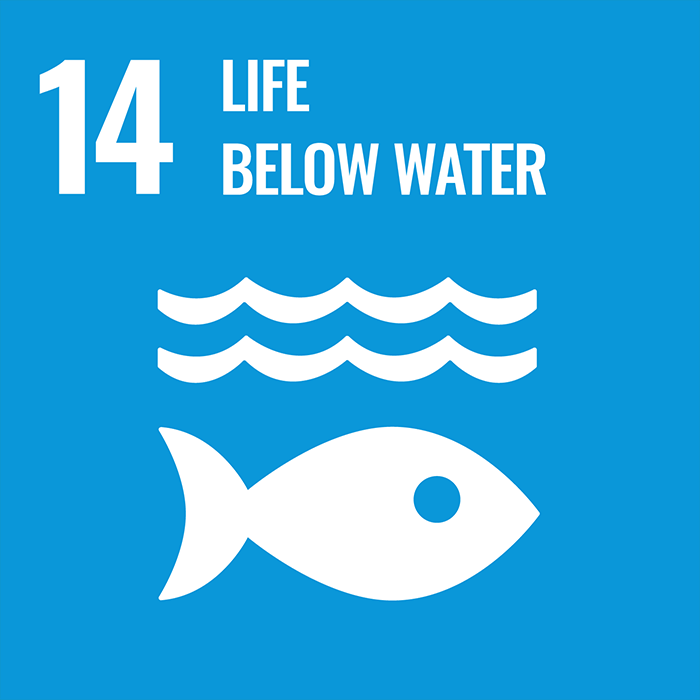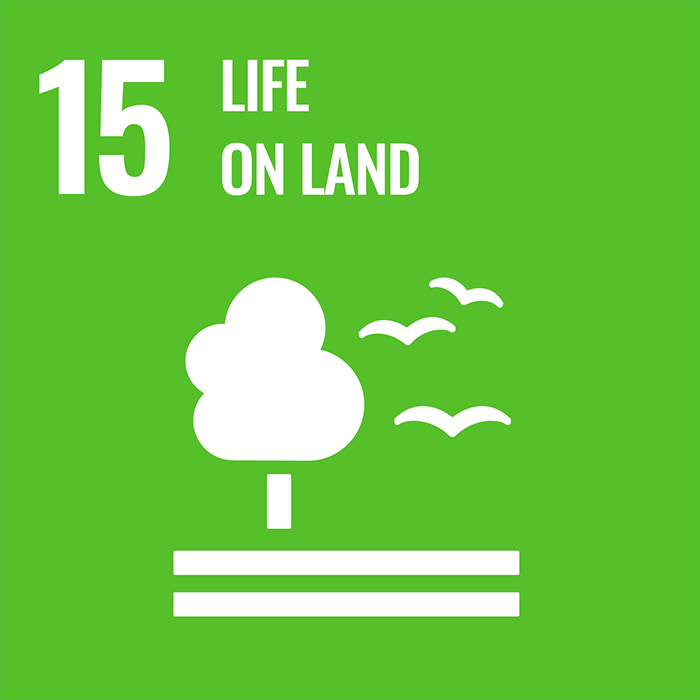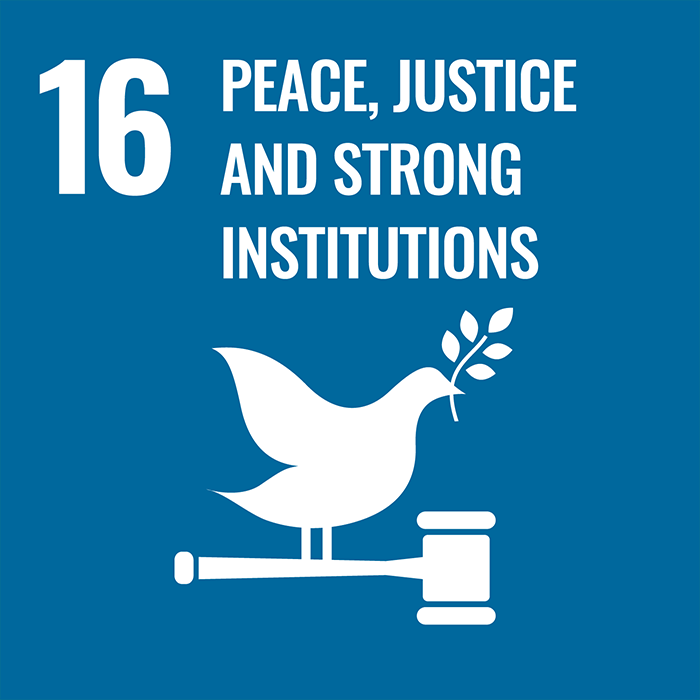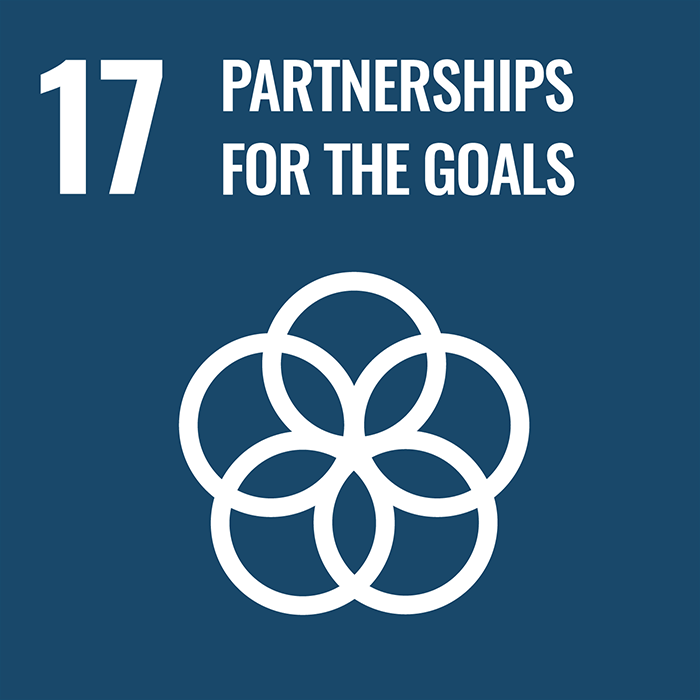UN SDG 11: Sustainable cities and communities
Make cities and human settlements inclusive, safe, resilient and sustainable
Our research

A University of Glasgow project that’s increasing community resilience and enhancing the capacity of residents of flood-prone areas in Brazil to take protective action has won an Economic & Social Research Council (ESRC) Celebrating Impact Prize. The ‘Waterproofing Data’ project was announced as the winner of the Outstanding Societal Impact category.
The project, which was ESRC-funded through the Global Challenges Research Fund, developed an innovative approach combining community-generated data and analytics to increase community resilience and enhance the capacity of residents of flood-prone areas in Brazil to take protective action.
The international team of researchers with multiple disciplinary backgrounds from Brazil, Germany and the UK worked with partners at Brazil’s National Center for Monitoring and Early Warning of Natural Disasters (CEMADEN) and Brazilian higher education institution Fundação Getulio Vargas to engage communities in the process of ‘data gardening’.
The Waterproofing Data app has now been used by more than 410 citizen scientist reporters spread across over 20 cities in Brazil’s continental territory. It sparked new projects championed by CEMADEN that will bring the Waterproofing Data approach to all school students living in flood-prone areas in Brazil, benefiting more than 8 million Brazilian citizens who are estimated to live in disaster-prone areas.
Researchers from Glasgow are part of a new national research hub which will help to upgrade and decarbonise the UK’s complex and interconnected national, regional and local transport infrastructures and to adapt to the effects of climate change.
The new Research Hub for Decarbonised Adaptable & Resilient Transport Infrastructures will identify pathways and solutions for delivering a resilient, net zero transport system that works for people and communities. It will host world-leading researchers who will provide expertise, modelling and data tailored to each area and each transport challenge.

Our researchers are part of a new national research hub which will help to upgrade and decarbonise the UK’s complex and interconnected national, regional and local transport infrastructures.
Learning & teaching

Our Gaelic with Immersion programme has received a long-term funding commitment from the College of Arts & Humanities after a successful pilot. This will establish Gaelic with Immersion as an integral part of the College’s Celtic & Gaelic diverse programme offering.
In 2017, the College commissioned a feasibility study to consider an immersion experience in Glasgow and this revealed a demand for more intensive language opportunities amongst students and adult learners. Two years later, the Gaelic with Immersion programme was offered to students, initially as a three-year pilot project with financial support from the Scottish Funding Council.
The programme has been highly successful, with students continuing to employment in Gaelic education, management, administration and the creative arts.
University operations

The University of Glasgow and Kadans Science Partner, supported by Scottish Enterprise, are currently constructing a new Health Innovation Hub in Govan, due for completion in 2025.
The Hub will attract new innovative businesses into the City Region, deliver local benefits to the community through job creation and create a thriving, sustainable health and life sciences cluster in Glasgow. Designed to be highly flexible, the Hub includes both laboratory and office space for life science and health businesses, with research links to both the University and the Queen Elizabeth University Hospital. There will be an accessible ground floor, with a cafe and collaboration space, to create a useable space for the local community.
Find out more
Civic engagement

Glasgow citizens will potentially benefit over the next five years from a £5 million research and development grant to tackle health inequalities and to help improve the lives of people across the city. The grant has been awarded by the National Institute for Health & Care Research to the partnership made up of Glasgow City Council, Greater Glasgow & Clyde NHS and the University.
The partnership’s successful application focuses on using data and research to inform and influence decision-making on the wider determinants of health – such as employment, housing, education and the physical environment – and to co-design and evaluate solutions that will help to improve the health and wellbeing of every person in the city regardless of their circumstances.
The University has launched a first of its kind video game that amplifies minoritised ethnic people’s voices and the role of traditional ecological knowledge in Scotland’s sustainable future.
Seven Voices, One Future (SEvEN) was co-developed by a research team led by Dr Mark Wong, Senior Lecturer in Public Policy & Research Methods, partnering with Glasgow-based tech start-up Education Evolved, Ethnic Minority Environmental Network, digital designer The Floating Designer and Glasgow’s Games and Gaming Lab.
Set in the Western Scottish Highlands in the year 2045, SEvEN features the ‘voices’ of seven minoritised ethnic people. Players will interact with seven narratives and mini-games, based on real-life climate actions led by minoritised ethnic-led organisations and initiatives across Scotland.


